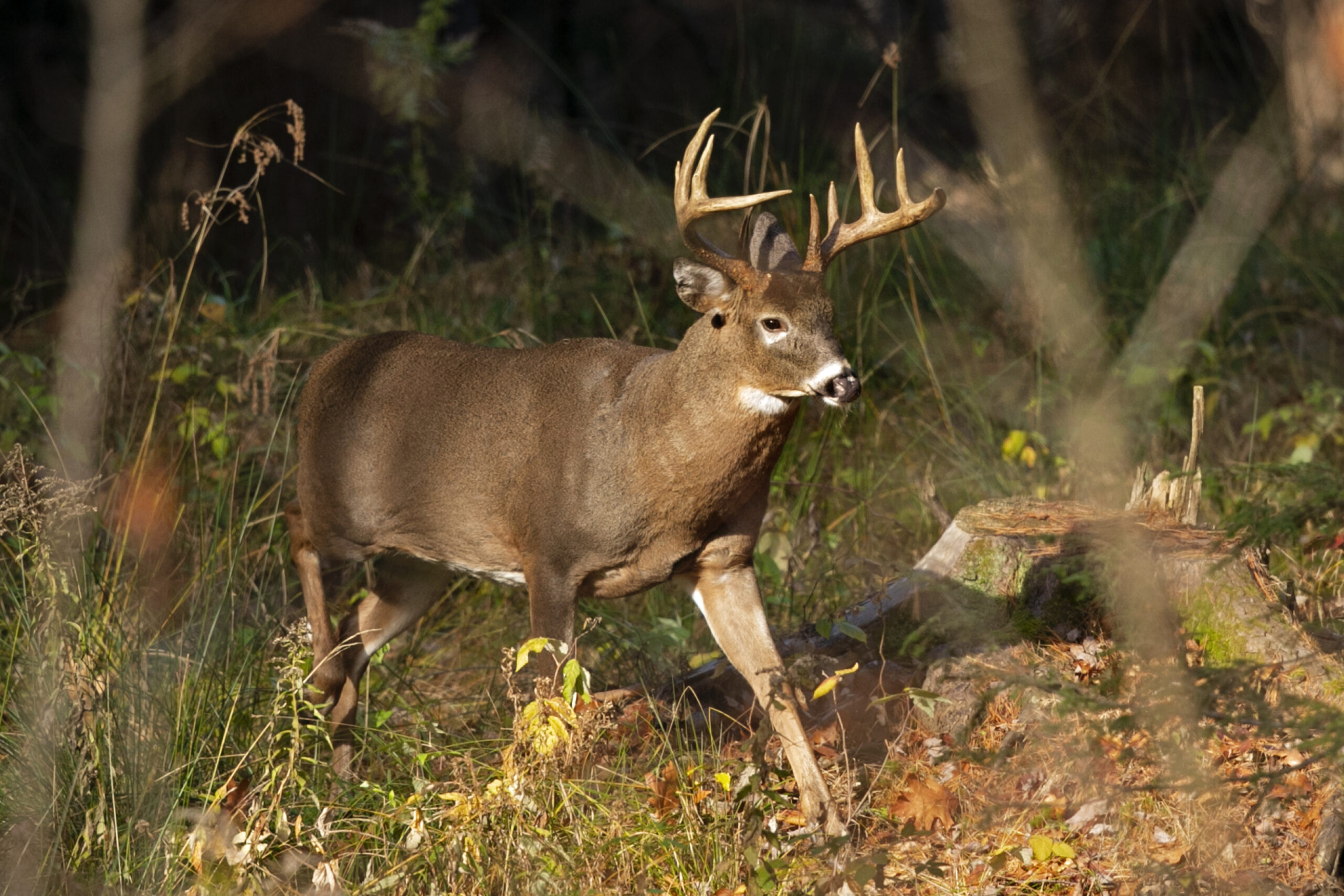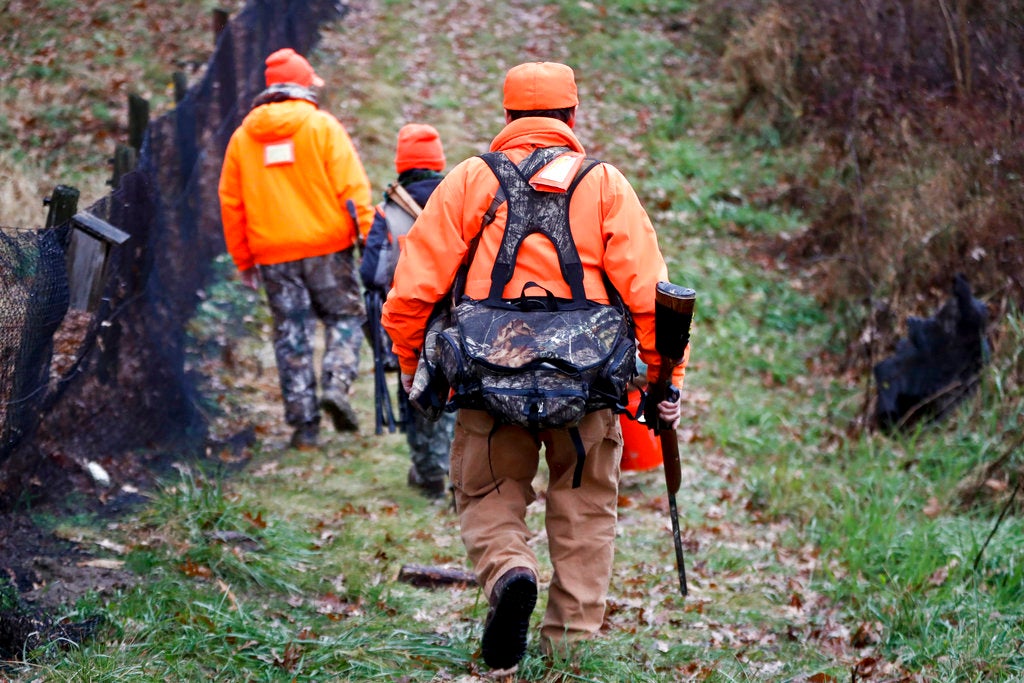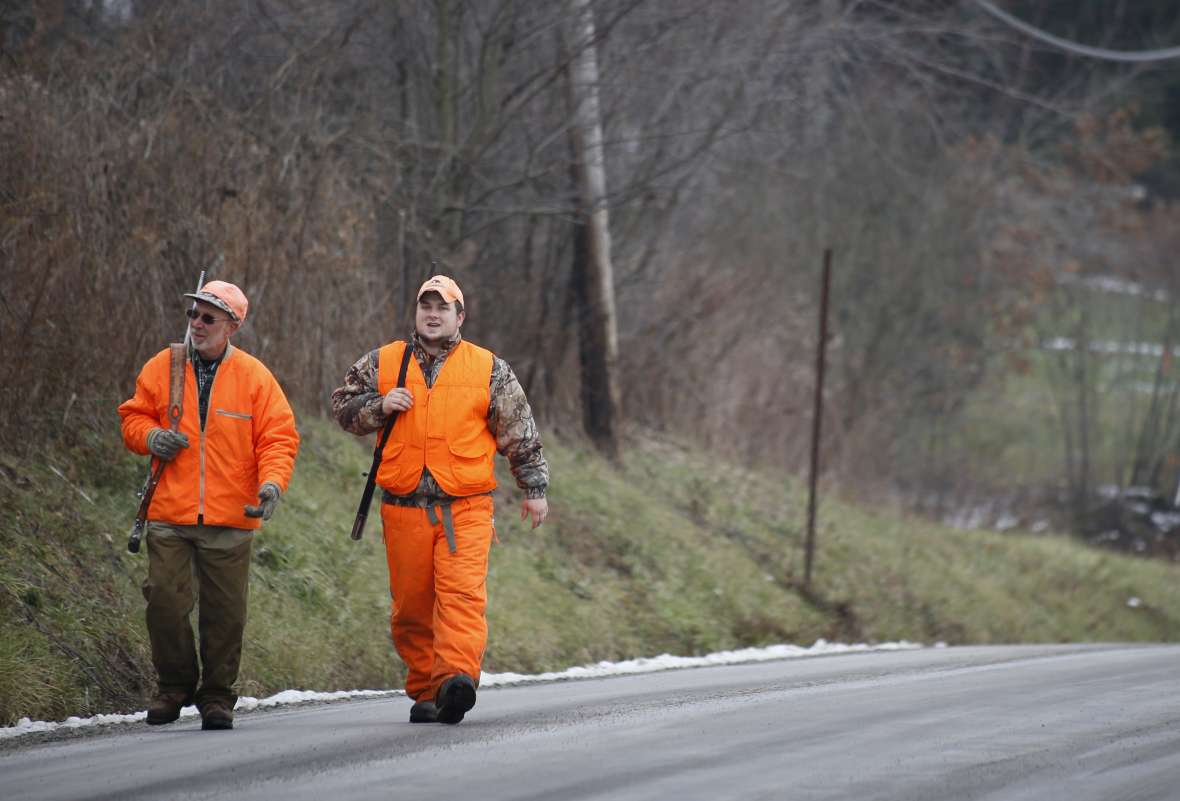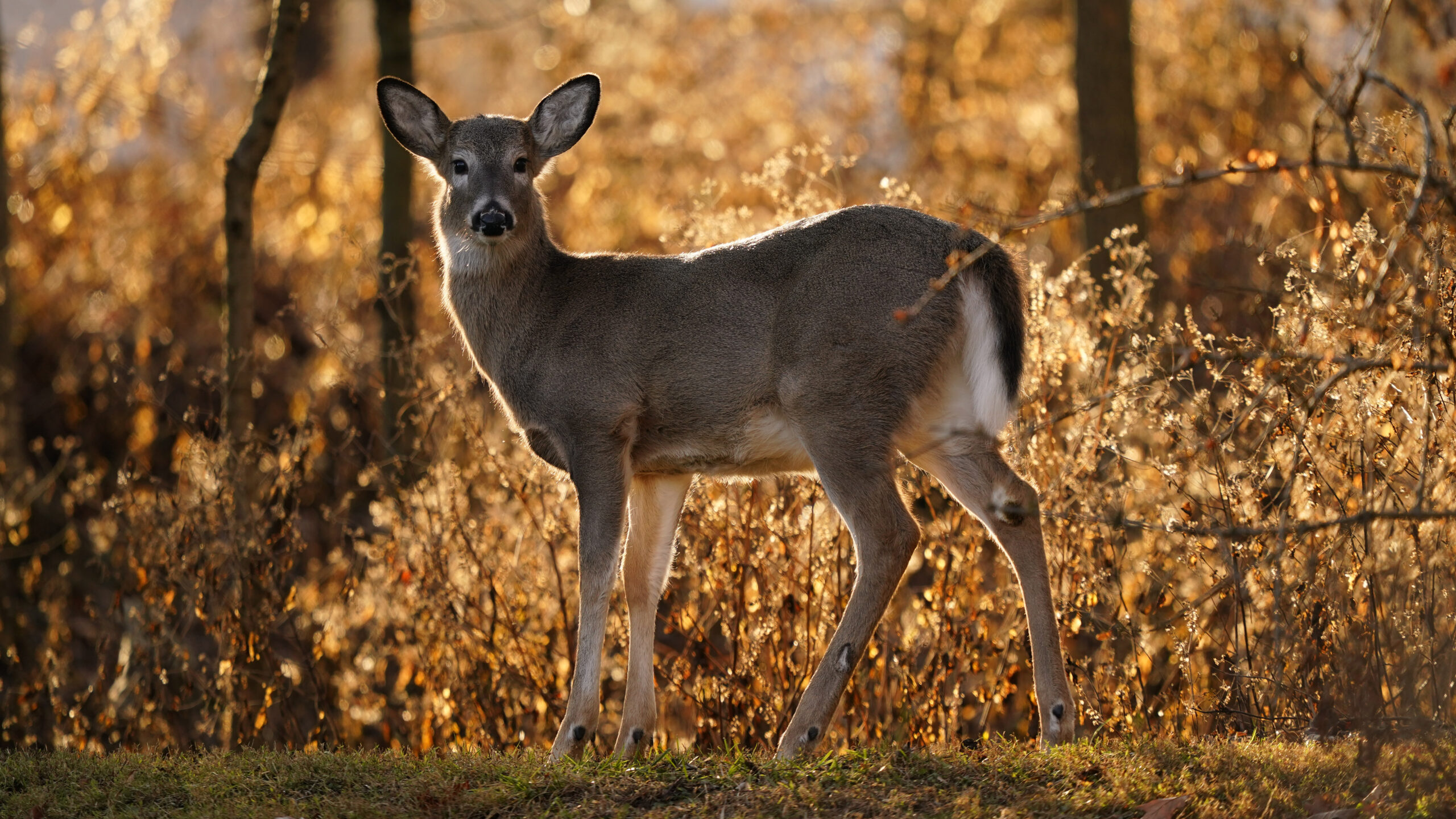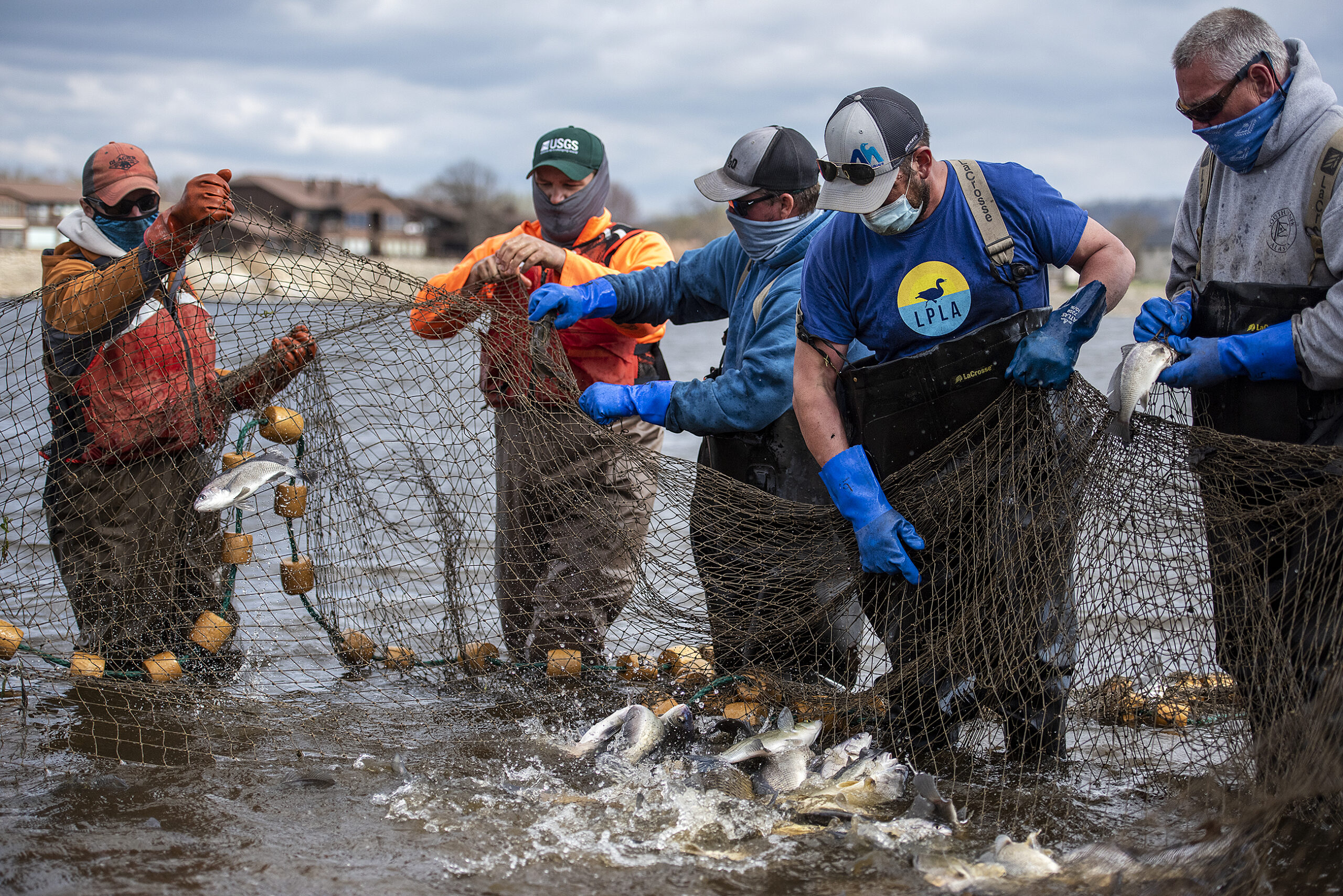The Wisconsin Department of Natural Resources is asking hunters to submit deer tissue samples for PFAS testing near a small town in Oneida County.
Last year, the DNR said some of the highest levels of PFAS contamination in the state and country were found within private wells in the town of Stella. Sampling showed levels as high as 35,000 parts per trillion for two of the most widely studied chemicals: PFOA and PFOS.
Now, the agency is asking hunters to submit about 100 grams of muscle and liver tissue, or samples about the size of a thumb, from deer harvested within three miles of the northern Wisconsin community. Sean Strom, a DNR wildlife toxicologist, said they’re hoping to collect as many samples as possible.
“We know a lot about PFAS accumulation in fish. We know much, much less about PFAS accumulation in wildlife, specifically mammals,” Strom said. “That’s why we’re looking.”
Strom said the agency previously detected concerning levels of the chemicals among fish in the nearby Moen Chain of Lakes. That resulted in a fish consumption advisory this year of one meal a month for all fish species there, including walleye and yellow perch.
PFAS are a class of thousands of synthetic chemicals used in cookware, food wrappers and firefighting foam. They don’t break down easily in the environment. High exposure to the chemicals has been linked to kidney and testicular cancers, fertility issues and other serious health problems.
The DNR previously tested 20 deer in the city of Marinette and found very low or no detection of the chemicals in muscle tissue. But the agency advised hunters to avoid eating liver harvested from deer within five miles of Tyco’s fire training facility in Marinette because of higher levels of the chemicals in liver tissue samples.
People are asked to wrap samples in aluminum foil and place them in zippered plastic bags. They can be dropped off at a sampling kiosk in Rhinelander throughout the deer hunting seasons. The samples will be sent to the State Lab of Hygiene in Madison for testing.
Hunters will receive test results within about two to four months.
Findings will also be shared with the Wisconsin Department of Health Service to gauge whether it may be necessary to issue a consumption advisory.
Stay informed on the latest news
Sign up for WPR’s email newsletter.
Wisconsin Public Radio, © Copyright 2025, Board of Regents of the University of Wisconsin System and Wisconsin Educational Communications Board.
